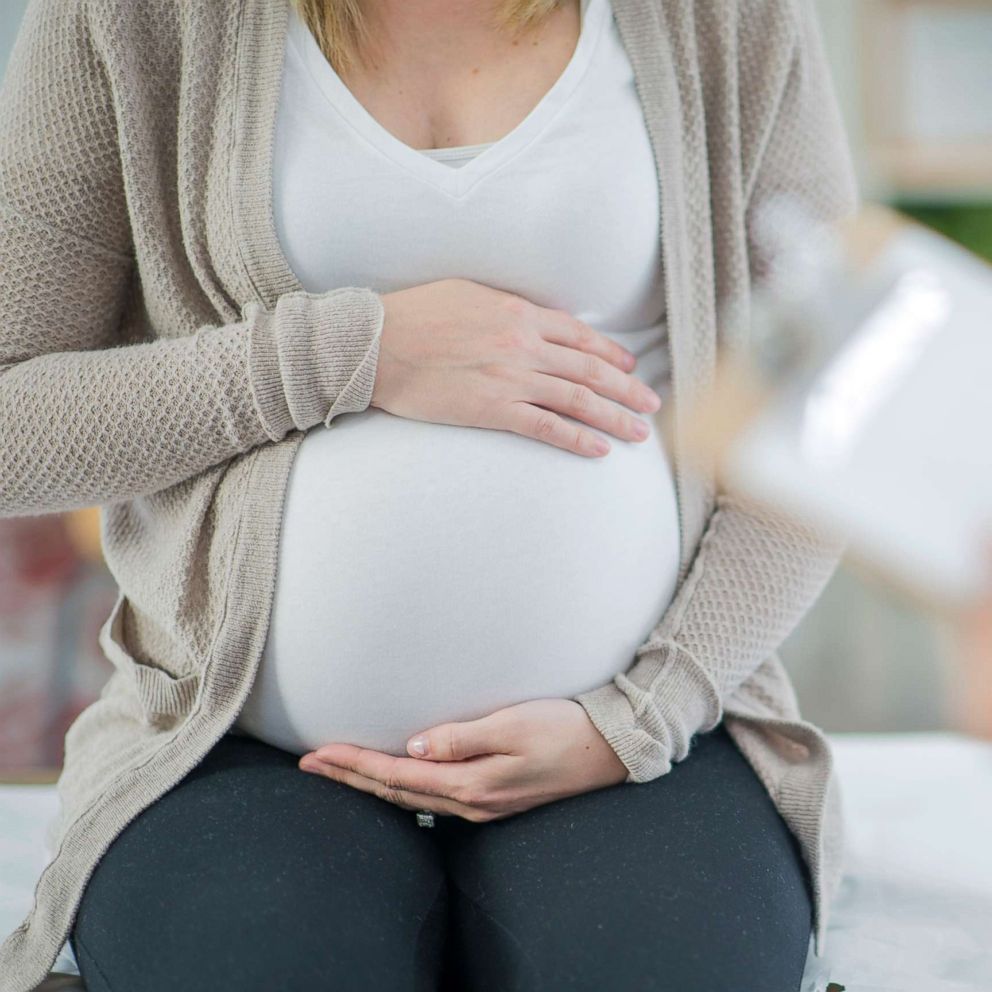Record heat brings dangers for pregnant women: What to know
The United States is experiencing a summer of extreme heat, and new research is shedding more light on just how dangerous that can be for pregnant women.
Being exposed to prolonged high temperatures – defined as 95 degrees Fahrenheit and higher for three or more consecutive days – can increase the risk of complications like sepsis, hemorrhage and clotting disorders by as much as 27% in pregnant women, according to new research published Thursday in the Journal of the American Medical Association (JAMA).
The study of over 400,000 pregnancies among women in Southern California also found that exposure to high heat during the last gestational week of a pregnancy increased the risk of life-threatening delivery complications.
Heat exposure, particularly during the final trimester of pregnancy, was defined by the study's authors as a risk factor for "severe maternal morbidity."
The new research, which looked at data collected over 11 years, is especially significant given the record-high temperatures millions of Americans are currently experiencing.
Earlier this week, 19 states from Maine to California were on alert for extreme heat, with temperatures expecting to climb to 106 degrees in Dallas; 97 degrees in Raleigh, North Carolina; and 96 in Washington, D.C.

Over the weekend, Phoenix is poised to break its record for the most consecutive 110-degree days.
Phoenix has seen 52 days this year with a high temperature of at least 110 degrees. The city's record is 53 days, which was set in 2020.
The newly published JAMA research builds on studies that have previously linked the state of the environment to the state of women's and infant's health.
According to the Centers for Disease Control and Prevention, pregnant women's bodies must work harder to cool both their own body and their developing baby's, which makes them more prone to heat-related illness. In addition, because pregnant women are more prone to dehydration, their body has less ability to cool itself.
A study published in 2020 in the journal Nature found that heat exposure may have contributed to an estimated 25,000 early births per year between 1969 and 1988. Other studies have found that high ambient temperature can increase the risk of preterm births, and that ambient air pollution can decrease birth weight in some populations.
How to prevent heat-related pregnancy complications
ABC News chief medical correspondent Dr. Jennifer Ashton, a board-certified OB/GYN, said the best thing pregnant women can do during periods of extreme temperatures is to simply limit their time outdoors.
"Stay in, in air conditioning," Ashton said. "If you do have to go out, literally bring an ice pack from your freezer, keep it in your armpits, around your neck and minimize your time outside."
According to Ashton, it's important for pregnant people to stay inside whenever possible because overheating can happen so quickly. A person will first experience heat exhaustion, the symptoms of which can include nausea, vomiting, fatigue, dizziness, fainting, heavy sweating, and cold and clammy skin, Ashton said.
If heat exhaustion is not properly treated, it can progress to the more severe heat stroke, in which a person has a body temperature of 103 degrees or higher.
"Your body loses its ability to sweat," Ashton said, noting that heat stroke symptoms can include nausea, vomiting, confusion, and loss of consciousness or a change in mental status.
"That is a true medical emergency," said Ashton. "That person needs to be treated in the emergency room."
ABC News' Michela Moscufo, Kenton Gewecke and Ginger Zee contributed to this report.







